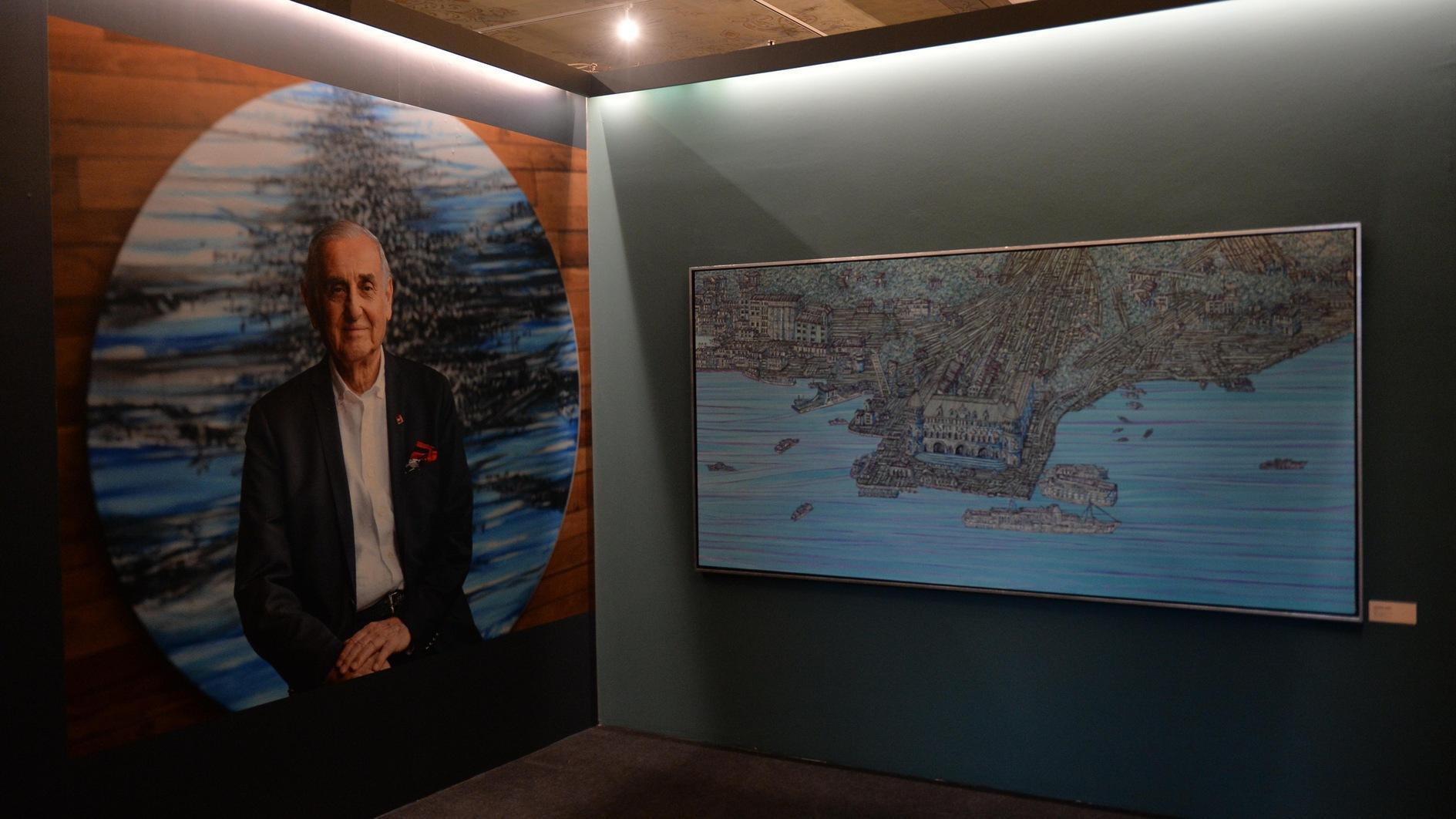Why are Turkey and Israel mending fences?
Turkey and Israel are making peace not because they like each other but because regional balances require it. Why did Turkey and Israel start taking steps to overcome the crisis? What were the motivations? Let me try to explain.
Geostrategic shifts: We need to go back to March 1, 2013. That day, when four officials of the U.S. administration landed on Amman instructed by President Barack Obama to conduct secret talks with Iran, history had already put Tel Aviv and Ankara in the same basket. It became clear that Israel, who sees Iran as the biggest national security threat, and Turkey, who has historically always been in competition with Teheran, would not play against each other.
That’s why visiting Israel the same month, Obama made Israel’s Prime Minister Binyamin Nethanyahu apologize to Turkey. “Make peace; I am starting an Iran-oriented move in the region; you will need each other,” said Obama that day. Iran’s rising influence in the region was the most important reason for the reconciliation.
The Syrian crisis: In 2013, when it became clear the crisis would evolve with the rise of Iran, the two capitals started their “invisible” relationship. “Turkey sees us as its forbidden love. What it wants is for us to make love but for no one knows about it,” a former Israeli diplomat told me in October 2013. Turkey, who wanted the supremacy of Syria in the hands of the Sunnis who were close to it, and Israel, concerned about the presence of an Iran that had sent Hizbullah and its special forces to Syria to stop the fall of Bashar al-Assad, had started flirting behind the scenes while tension seemed to continue in front of the scenes.
The Russian effect: Why did the invisible cooperation become visible? If one of the reasons is the fact that there is no election for some time on Turkey’s agenda, another reason is Russia.
The fact that Moscow has upset the regional military balance after Turkey took down a Russian plane on Nov. 24 has encouraged Ankara and Tel Aviv to declare their cooperation to the world. Concerned about Russia’s violations, the two capitals most probably thought this would also send a message to Moscow.
Feridun Sinirlioğlu: One name on the Turkish side has played a very important role in the process. His is the best-kept secret in Ankara. Sinirlioğlu, “the strongest foreign ministry undersecretary of the recent past” according to a former Turkish diplomat, was the biggest architect. In the most active days of Ahmet Davutoğlu as foreign minister, a Turkish official told me that Sinirlioğlu “was the person Prime Minister Erdoğan trusted the most in the Foreign Ministry.” Think of his influence under Foreign Minister Mevlüt Çavuşoğlu.
Oil: There is talk of natural gas, which I don’t get. To what degree the natural gas reserves discovered five years ago by Israel in Leviathan is feasible when supply is high in the region; the financial problems faced by U.S.’ Noble, which has the right over the reserves, the legal discussions in Israel, the effect of Egypt’s recent discoveries, etc.
The issue is about oil. Israel is the buyer of the oil that Turkey brings from Northern Iraq bypassing the Baghdad administration.
Washington: The fact that Turkey wants to keep close to the Israeli lobby has speeded reconciliation.











